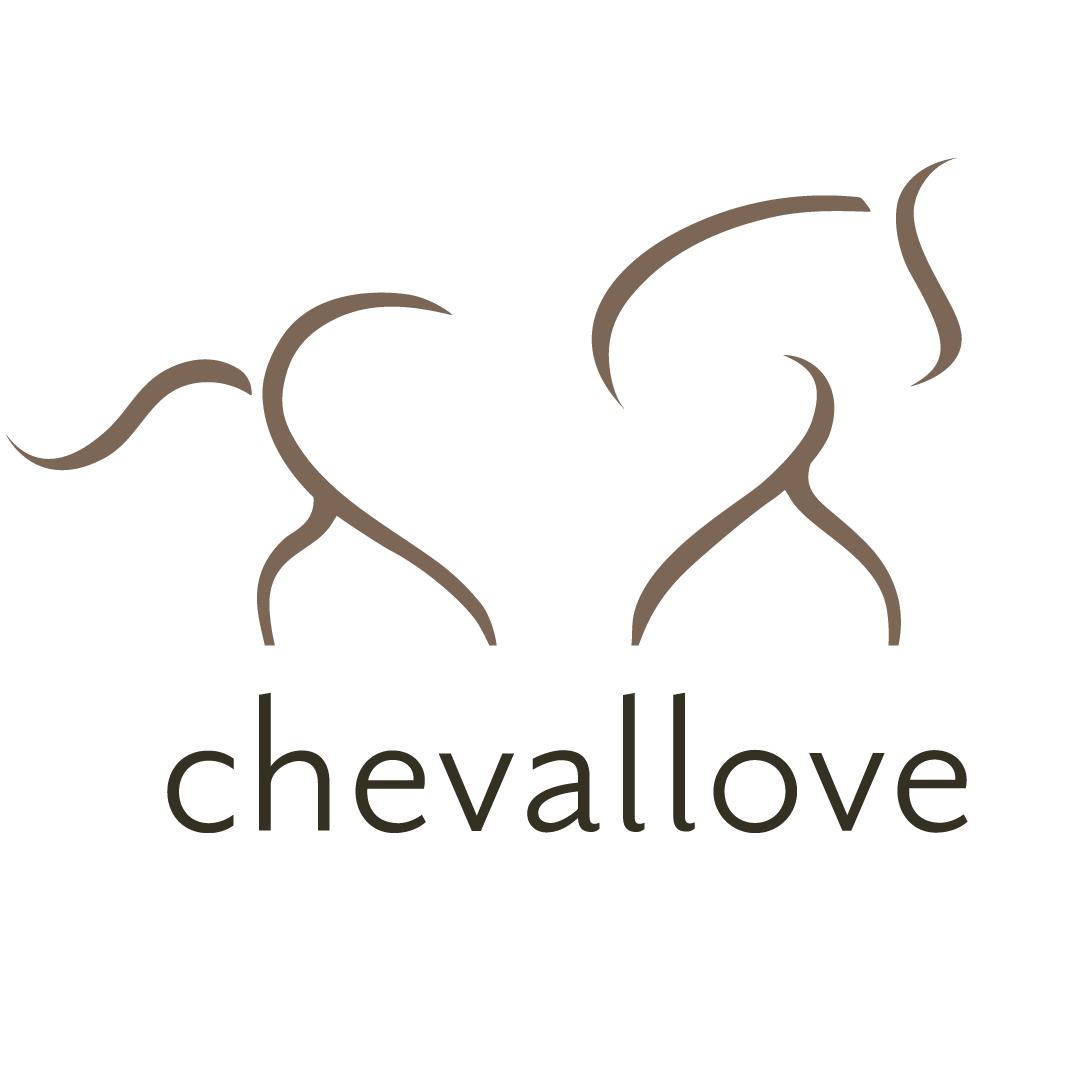

Chevallove Inc.

Quebec, Canada
May 2023
Food products
Wholesale/Retail
Canada
Apprendre des chevaux. Changer des vies. Chevallove, c’est avant tout un rêve. Celui de créer des espaces et des moments où l’humain pourra se ressourcer auprès des chevaux et ainsi se réhumaniser. Pour le réaliser, nous cocréons des produits équestres dans le plus respect de la nature et en toute bienveillance, pour le cheval et pour l’humain qui l’aime. Bienvenue dans notre univers. PUR - Biscuit équestre Nos délicieuses gâteries franchissent la barrière inter-espèces : elles sont nutritives, autant pour le cheval que pour l’humain. Alors, on partage ? Learning from horses. Changing lives. Above all, Chevallove is a dream. That of creating places and moments where human beings can gather strength and comfort together with horses, thus rehumanize. To achieve this, we are committed to co-creating equestrian products with the greatest respect for nature and with kindness, both for the horse and the human being who cares for him. Welcome to our world. PURE - Equestrian Treat Our delicious treats cross the inter-species barrier : they are nutritious, both as much for horses as for human beings. So, let’s share our treat !
Overall B Impact Score
Governance 15.2
Governance evaluates a company's overall mission, engagement around its social/environmental impact, ethics, and transparency. This section also evaluates the ability of a company to protect their mission and formally consider stakeholders in decision making through their corporate structure (e.g. benefit corporation) or corporate governing documents.
What is this? A company with an Impact Business Model is intentionally designed to create a specific positive outcome for one of its stakeholders - such as workers, community, environment, or customers.
Community 60.5
Community evaluates a company’s engagement with and impact on the communities in which it operates, hires from, and sources from. Topics include diversity, equity & inclusion, economic impact, civic engagement, charitable giving, and supply chain management. In addition, this section recognizes business models that are designed to address specific community-oriented problems, such as poverty alleviation through fair trade sourcing or distribution via microenterprises, producer cooperative models, locally focused economic development, and formal charitable giving commitments.
What is this? A company with an Impact Business Model is intentionally designed to create a specific positive outcome for one of its stakeholders - such as workers, community, environment, or customers.
Environment 9.4
Environment evaluates a company’s overall environmental management practices as well as its impact on the air, climate, water, land, and biodiversity. This includes the direct impact of a company’s operations and, when applicable its supply chain and distribution channels. This section also recognizes companies with environmentally innovative production processes and those that sell products or services that have a positive environmental impact. Some examples might include products and services that create renewable energy, reduce consumption or waste, conserve land or wildlife, provide less toxic alternatives to the market, or educate people about environmental problems.
Customers 1.1
Customers evaluates a company’s stewardship of its customers through the quality of its products and services, ethical marketing, data privacy and security, and feedback channels. In addition, this section recognizes products or services that are designed to address a particular social problem for or through its customers, such as health or educational products, arts & media products, serving underserved customers/clients, and services that improve the social impact of other businesses or organizations.